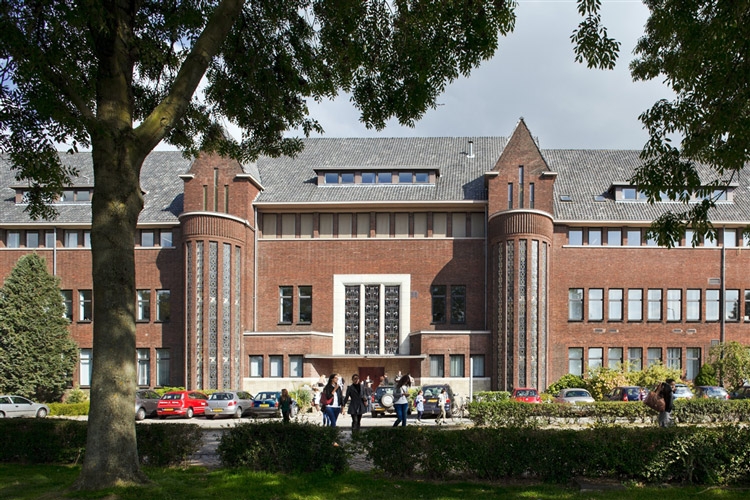Zuyd University: ‘With Simulise, students learn from each other’

Marlene van Heel-Bradbury teaches English and Intercultural Skills at Zuyd University of Applied Sciences in the Oriental Languages and Communication program. Next school year, her students will go abroad on an assignment. They report on this in the Simulise digital portfolio. Marlene: ‘The great thing about Simulise is that students can also read other people’s blogs and give each other feedback. That way they learn from each other while one is in China, another is in Japan and yet another is in Egypt.’
Marlene students are currently busy preparing for their trip to Japan, China or a Middle Eastern country. In their destination country, they are going to do an assignment Cross- cultural Exploration, which involves studying customs in that country. The goal is for them to become more aware of their own cultural perspective and that of the people of the country they are going to. Marlene: “Students are now choosing a topic that interests them. For example, in China, how do you treat a business associate when you go out for coffee, and why is that so? Interesting research that makes students aware of cultural differences and similarities in culture.’
Blogs in Simulise
This exploratory phase students describe in their first blog in Simulise. What topic will they consider and what do they expect to encounter in the country they have chosen? When they are abroad next school year, 6 more blogs will follow, concluding with a reflective article when they are back in the Netherlands.
“Abroad, students write about what they experience and their observations,” Marlene says. ‘They also conduct interviews with locals to learn more about what they see. If necessary, they connect this to theoretical background and then write a blog of 400 to 500 words about it in Simulise. The great thing about Simulise is that students can read other people’s blogs in the Community and give each other feedback. This way they learn from each other and about other cultures.’
Rubrics
Students receive a workshop beforehand on how to work in Simulise. For example, they learn how the blog feature works, how to give each other feedback and how to reflect on their own blog. Marlene: “The blogs are assessed based on a rubric that is in Simulise. This rubric is made up of criteria on which they are assessed; the choice of criteria was preceded by an extensive session with colleagues. Using the rubric, students can assess themselves. In addition, the blogs are assessed by their instructor. The first four blogs are formatively assessed, which means they are provided with extensive feedback. As a result, students are increasingly aware of what to pay attention to when completing their assignment. From the first seven blogs, four are picked “blind” for summative assessment. Because of this method, students know exactly what they are working toward.
Evaluate
Students are looking forward to their journey and are excited about the assignment and working with Simulise. Marlene: “We discovered Simulise through colleagues at the Hotel School – they had been working with Simulise for some time. Especially the interactive component attracted me. This makes it a real learning community. But we are only at the beginning. We have had access to Simulise since last week, so we are still discovering exactly how everything works. And because it is the first time we are working with it, we are evaluating at the end, to see what we can still refine. I’m very curious!
Want to know more?
https://www.zuyd.nl/opleidingen/orientaalse-talen-communicatie

